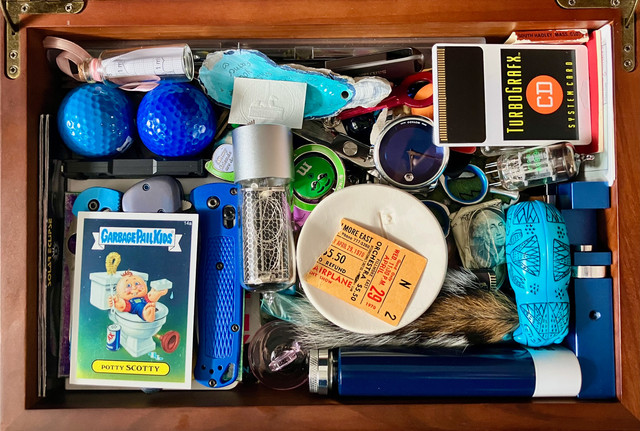HOME | DD
 processaddiction — Process Addiction
processaddiction — Process Addiction

Published: 2023-03-24 10:39:32 +0000 UTC; Views: 706; Favourites: 0; Downloads: 0
Redirect to original
Description
Are you or someone you know struggling with a process of addiction? Look no further than Rehab Helper, a UK-based organization dedicated to providing support and resources for those seeking help.
Addiction can come in many forms, including substance abuse, gambling, and process addictions. Process addictions refer to compulsive behaviors that do not involve the ingestion of drugs or alcohol, such as compulsive gambling, sex, or shopping. While process addictions may not involve physical dependence like substance abuse, they can still have a significant impact on a person's life, leading to financial problems, strained relationships, and emotional distress.
At Rehab Helper, we understand the unique challenges of process addiction and offer a range of services and resources to help individuals overcome these difficulties. In this article, we will explore what process addiction is, the signs and symptoms to look out for, and how Rehab Helper can help.
What is process addiction?
Process addiction, also known as behavioral addiction, refers to compulsive behaviors that provide a sense of pleasure or relief but have negative consequences. These behaviors can become a central focus in a person's life, leading to neglect of responsibilities, relationships, and other important aspects of life.
Some common types of process addiction include:
Compulsive gambling
Compulsive shopping or spending
Compulsive eating or overeating
Compulsive exercising
Compulsive sex or pornography use
Compulsive internet or social media use
While some may argue that these behaviors are simply bad habits or lack of self-control, research has shown that process addictions can have underlying psychological and neurological factors that make them difficult to overcome without professional help.
Signs and symptoms of process addiction
Process addiction can be difficult to identify, as the behaviors may initially appear harmless or even enjoyable. However, over time, the negative consequences can become more apparent. Some signs and symptoms of process addiction may include:
Preoccupation with the behavior, even when not engaged in it
Inability to control or limit the behavior
Continuing the behavior despite negative consequences
Spending excessive amounts of time and money on the behavior
Neglecting important responsibilities, relationships, or self-care
Feeling guilt, shame, or anxiety related to the behavior
Experiencing withdrawal symptoms when unable to engage in the behavior
H3: How Rehab Helper can help
Rehab Helper offers a range of services and resources for individuals struggling with process addiction. Our team of experienced professionals can provide individualized treatment plans tailored to each person's unique needs and circumstances. Some of the services we offer include:
Assessment and evaluation to determine the severity and nature of the addiction
Individual and group therapy to address underlying psychological and emotional factors contributing to the addiction
Cognitive-behavioral therapy (CBT) to help individuals develop healthy coping strategies and break destructive patterns
Holistic therapies such as meditation, yoga, and art therapy to promote overall wellness and healing
Referrals to support groups and other community resources for ongoing support and recovery
Process addiction can be a challenging and isolating experience, but it is not something that has to be faced alone. At Rehab Helper, we are committed to helping individuals overcome process addiction and regain control of their lives. With our personalized treatment plans, experienced professionals, and supportive community, we can help you or someone you know find the path to lasting recovery.
Dear visitors if you want to more information about Process Addiction and our all services please visit our website. We have a website. We welcome you. CLICK HERE














